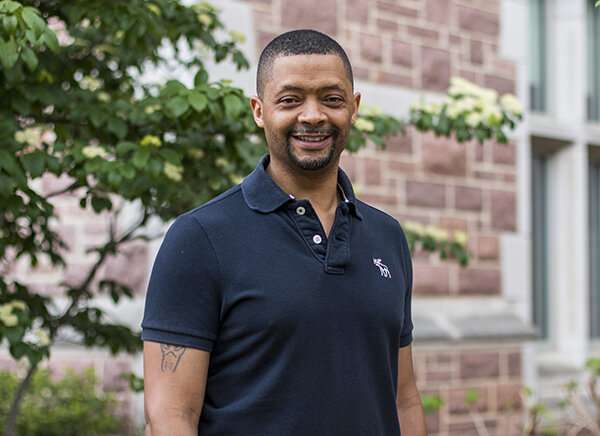New study advocates a positive approach to school safety

Policy responses to school shootings have not prevented them from happening more frequently, but restorative justice has the potential to avert bad behavior and school shootings, finds a new study from Washington University in St. Louis.
The study, "Disparate Impacts: Balancing the Need for Safe Schools With Racial Equity in Discipline," published in the journal Policy Insights from the Behavioral and Brain Sciences, finds that crisis prevention policies enacted following school shootings tend to exacerbate racial and ethnic discipline disparities in several different ways.
"Racial equity and safe schools are not in opposition," said first author Odis Johnson, professor of sociology and of education, both in Arts & Sciences.
"Racial equity is not a societal luxury, so it is not a reasonable sacrifice for safer schools," said Johnson, associate director of the Center for the Study of Race, Ethnicity & Equity. "Instead, policies should promote safer schools and more equitable outcomes for students of all races, allowing children and youth to become contributing citizens to American democracy."
The study examined policy differences within schools, where practitioners sometimes enact policies with discretion and bias; between schools, where policy is complicated by racial segregation; and indirectly, where academic consequences accrue to those who are not disciplined but attend schools with elevated school rates of discipline.
Among the most promising policy alternatives to punitive disciplinary policy is restorative justice.
Restorative justice in the school context is an approach to discipline that focuses on repairing harm through inclusive processes that engage all stakeholders. Implemented well, it shifts the focus of discipline from punishment to learning and from the individual to the community.
"Restorative justice provides an approach to school safety that could encourage investment in school communities, and, ultimately, promote safer school environments," Johnson said.
Tragic shootings, like those in Columbine, Newtown and Parkland, are moments that help form and define school safety policies, he said.
However, the school safety policies implemented after these moments, including adding law enforcement, enacting zero tolerance and adding metal detectors, do not prevent these tragic events.
"School shootings, while rare, still occur despite these crisis prevention policies, which inadvertently lead to harsher punishment of racialized students, exacerbating racial inequity in American schools," Johnson said.
"Our study highlights how the detrimental effects of crisis prevention policies extend beyond the misbehaving student to impact their peers, as entire school communities become punitive environments focusing on social control over academic learning. These indirect effects of crisis prevention policies contribute as significantly to racial inequity as the direct effects on disciplined students."
More information: Odis Johnson et al. Disparate Impacts: Balancing the Need for Safe Schools With Racial Equity in Discipline, Policy Insights from the Behavioral and Brain Sciences (2019). DOI: 10.1177/2372732219864707
Provided by Washington University in St. Louis



















